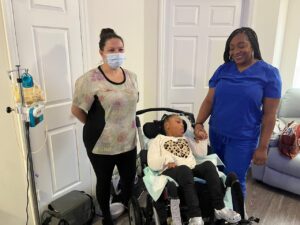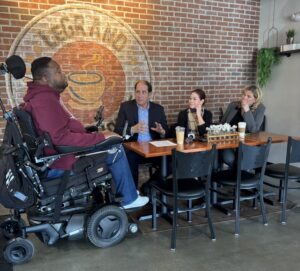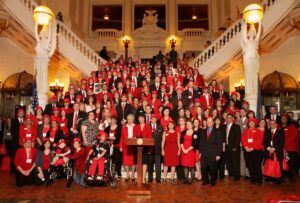By: Fredy Villarreal, BAYADA Home Health Care
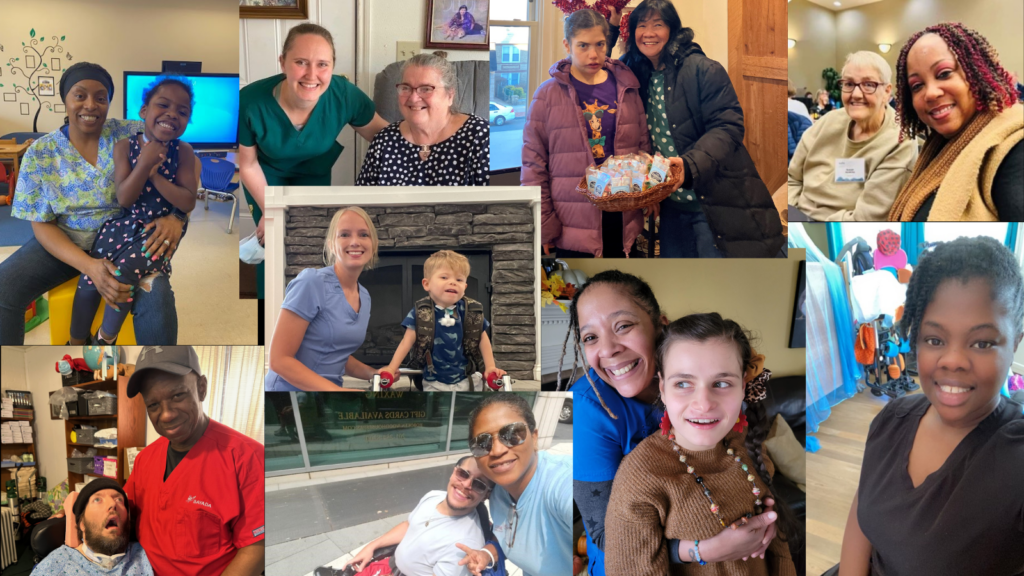
National Caregivers Day will be observed on Friday, February 16 to honor professional and non-professional caregivers across the country that provide frontline healthcare services to seniors, adults with disabilities, and other vulnerable populations in the comfort of their own homes.
Though home health aides (HHAs) do compassionate, important, and lifesaving work by keeping individuals in their communities and out of institutions like nursing homes they are often overlooked. This may be because in-home caregiving work is largely performed by marginalized populations. In New Jersey, 93% of HHAs are female, 84% are people of color, 23% have little to no English proficiency, and two-thirds are over the age of 45.
I hope that, by reading this, a few more New Jersey residents will learn a bit more about professional caregiving and why we need to urge State lawmakers to support this important yet undervalued work.
Home care services delivered by professional caregivers are a lifeline to thousands of medically-fragile NJ residents that need assistance to stay safe and independent in their own homes. But home care agencies struggle to recruit and retain these caregivers in large part because industry wages are notoriously low. Where home health aides were only paid approximately $10 or so per hour a few years ago–today their wages have increased a few cents above $15. This is thanks to Governor Murphy and NJ lawmakers, who have increased the State’s minimum wage and increased funding for State home care programs in tandem.
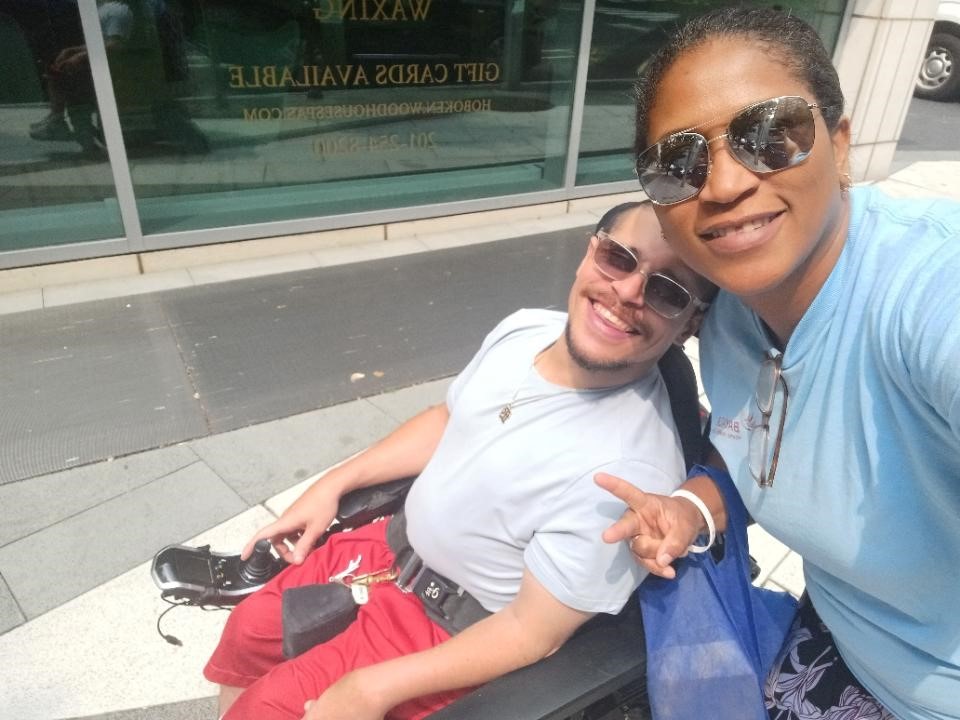
In the same timeframe that HHAs’ wages have increased, New Jersey’s minimum wage also increased to today’s $15.13. Therefore, there is virtually no difference between minimum wage and what HHA’s are paid. This is an unreasonable wage given the nature of the work. HHA’s are not performing a repetitive task or something that anyone can do. They receive training and become certified by the State and are often the go-to for many of our NJ residents who can no longer care for themselves. Their work has physical, psychological, and emotional components that are not easily matched in other industries. HHAs and other professional caregivers can currently find less difficult work for about the same–or more–pay. Companies like McDonalds, Target, Walmart, and Amazon have been able to increase wages and pass off costs to consumers through price increases for goods and services. As of December, the average hourly pay for a fast food worker in New Jersey is $17.90 an hour.
Other industries aren’t our only competitors – even though 87% of NJ residents over 50 said they would prefer to age at home if they had help, professional caregivers can still earn more in facilities: As of January 1, the minimum wage for caregivers in long-term facilities like nursing homes is $18.13. That means that caregivers are still being incentivized by the State to work in those locations for 20% more per hour rather than in-home care!
- Recently, the New Jersey Collaborating Center for Nursing (NJCCN) released data showing that there are 15% fewer HHAs in NJ today than there were in 2017. This is problematic because, with the 16th oldest population in the country, New Jersey is expected to see a 29% growth in the number of HHA job openings in the state by 2030.
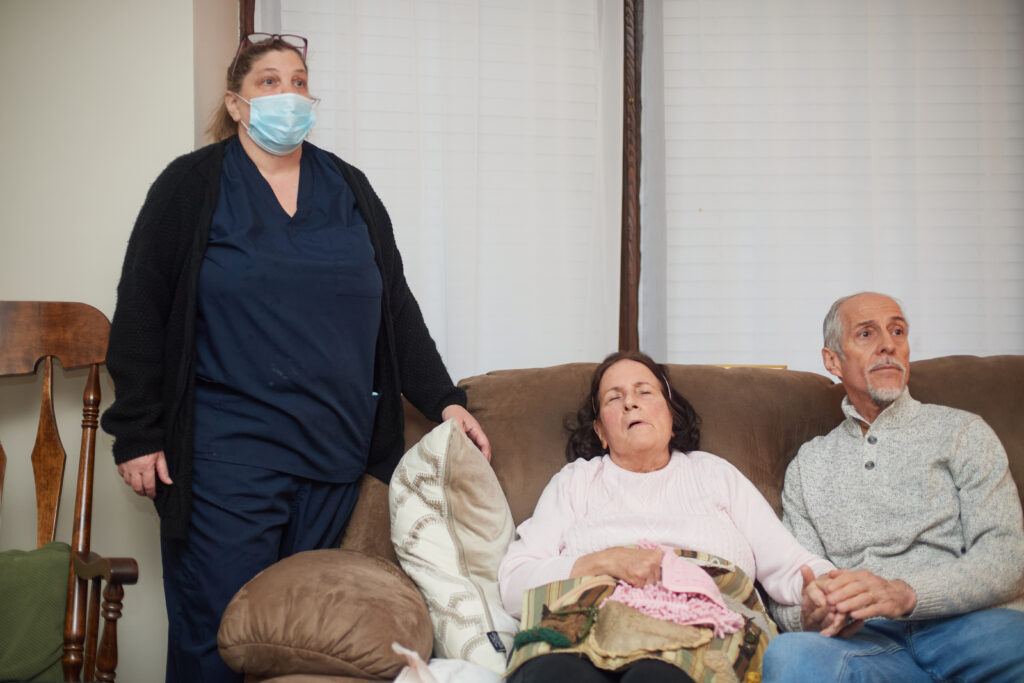
When professional caregivers don’t stay in the industry, it’s individuals with disabilities and families that struggle because they can’t access the care they need to stay at home. When they can’t access proper care, they are often forced to seek care in nursing homes and other institutions–the very settings where they don’t want to be, and the places that cost the State and families much more money. In NJ, in-home care delivered by a HHA costs $5,710 per month per resident, whereas nursing home care costs between $11,254 and $12,151 per month per resident. We can care for more than two individuals at home for the cost of caring for one in a nursing home.
The NJ legislature has recognized that home care is the patient-preferred and cost-effective choice, and home care agencies that provide State-based services are thankful to the NJ legislature and governor for allowing providers to keep up with the minimum wage standards. But on National Caregivers Day, let’s remember what these heroic frontline healthcare workers are worth. With 2025 budget discussions coming up in a few short weeks, now is the time to urge your lawmakers to keep HHAs in the industry and paid a fair wage for the work they do.

Fredy Villarreal is a division director for BAYADA Home Health Care. He oversees nine offices that employ thousands of home health aides. These compassionate in-home caregivers deliver professional personal care services to seniors and adults with disabilities in 16 counties across NJ.


